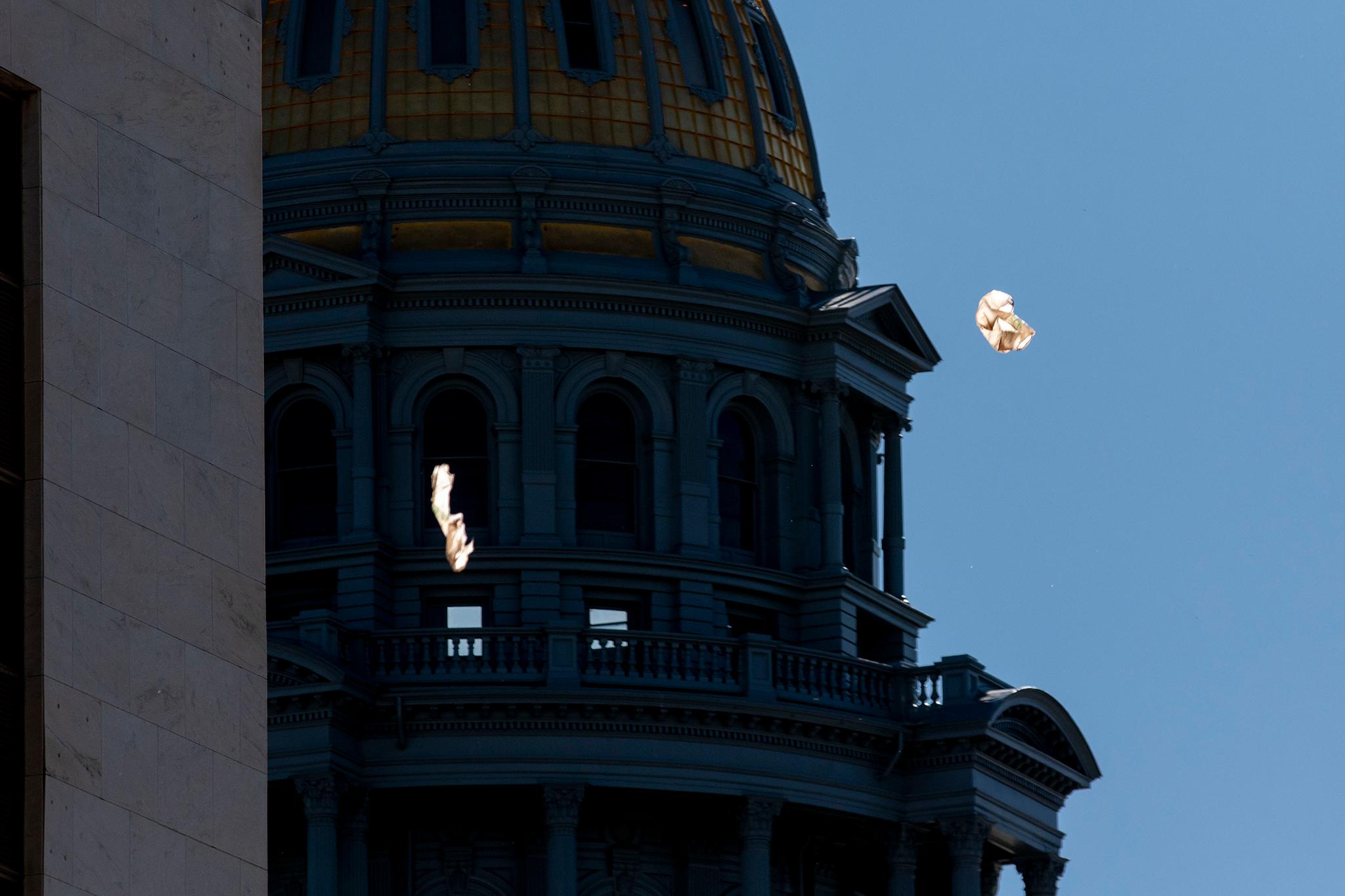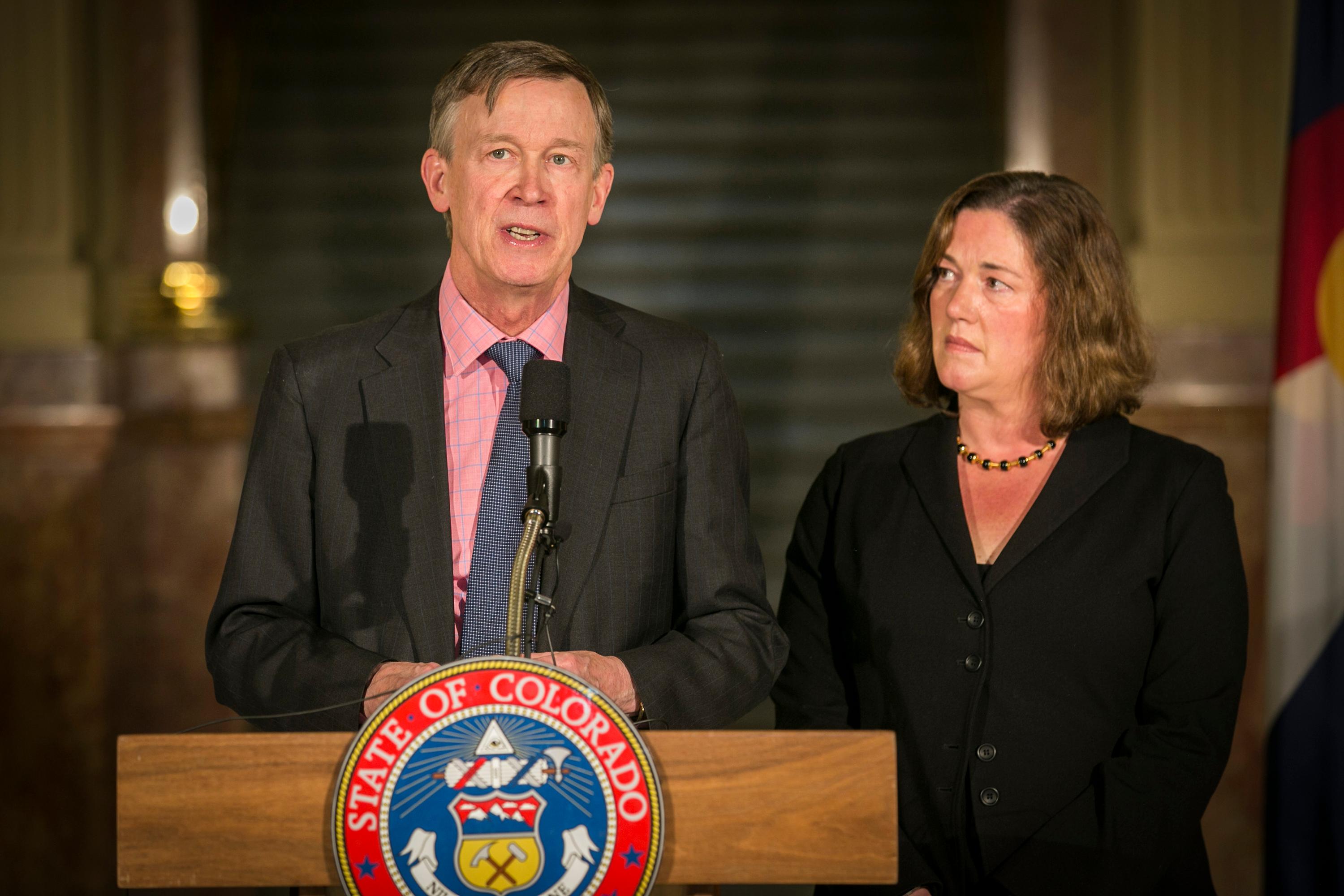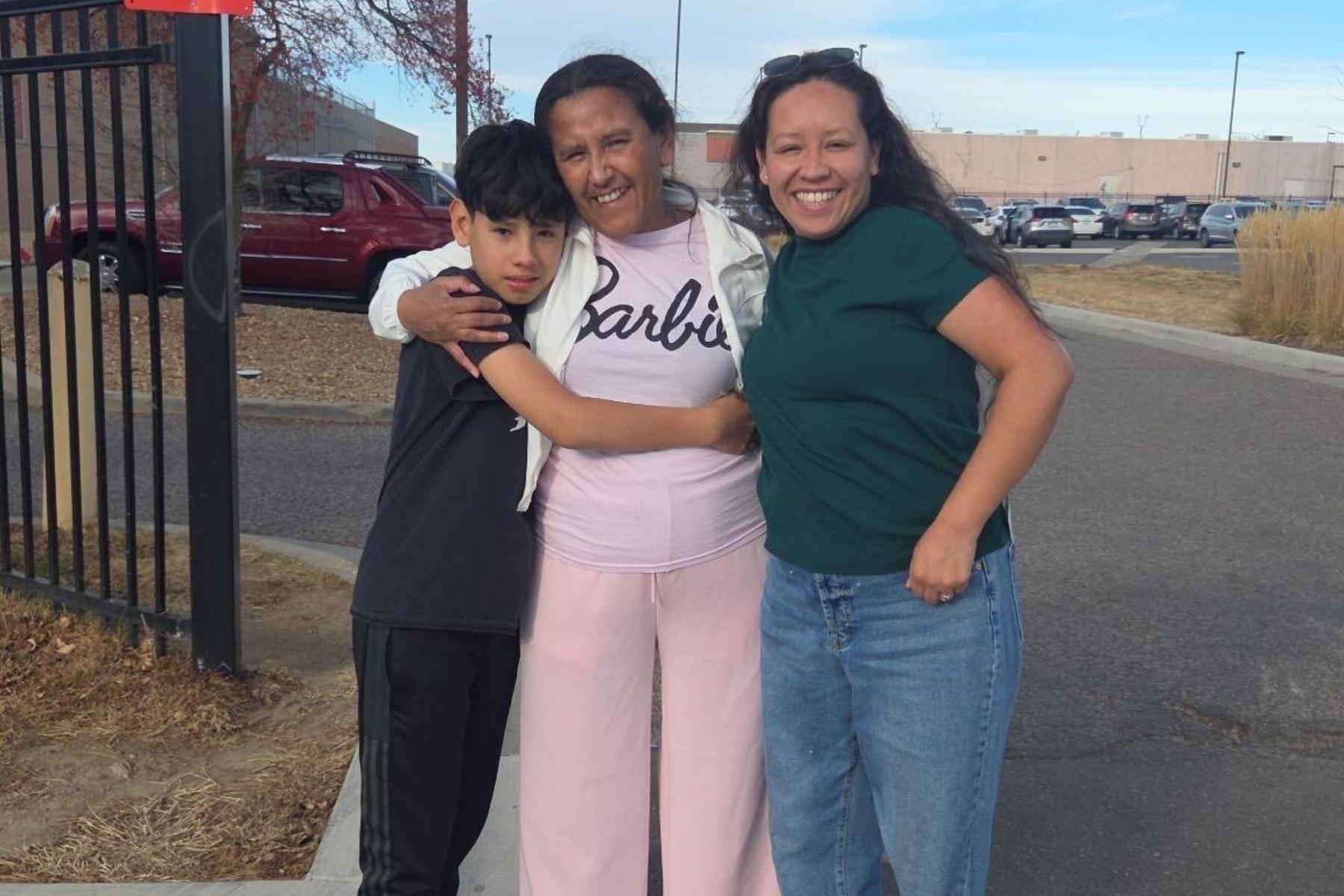
Colorado lawmakers this week voted to join the growing list of states that ban plastic bags and polystyrene carryout containers at stores and restaurants.
It will take a couple of years before Colorado’s ban takes effect, however, and the measure comes with a major exemption that interferes with the original intentions of legislators.
The ban was part of a yearslong attempt by Colorado Democrats and environmental activists to reduce the state’s reliance on and consumption of plastic. A bill introduced in the House in February received its final approval from the legislature Tuesday and needs only Gov. Jared Polis’ signature to become law.
Under the new bill, the state will charge customers 10 cents per paper or plastic bag used at most grocery stores, retailers and restaurants starting in 2023, according to the bill. The ban on single-use plastic bags and polystyrene containers often used for takeout food will begin in 2024.
Sixty percent of the bag fee will go to local jurisdictions for recycling or composting programs and related administrative costs, and the rest is for the businesses. People enrolled in a state or federal food assistance program do not have to pay the bag fee.
Once the ban is in effect, paper bags will still cost 10 cents, an additional effort by legislators to encourage customers to bring their own reusable bags.
Pushback from state Republicans, plastic industry lobbyists, and some in the business community weakened several aspects of the bill.
One big change is that small stores, which the state describes as any business with three or fewer locations, are now exempt from the ban and can continue to use plastic bags if they are not prohibited by their municipality.
State Rep. Lisa Cutter, a Jefferson County Democrat who co-sponsored the bill, said she was disappointed by the change, which came during negotiations on the Senate floor.
“It removes a significant portion of stores,” said Cutter, who could not estimate how many would be exempt. “Many, many small businesses want to be part of the solution.”
Pharmacies and dry cleaners can continue to use plastic bags, according to the bill. The bags can also be used to wrap frozen foods, meat, seafood, plants and bulk goods that would otherwise be contaminated.
This leaves major grocery stores and supermarkets, convenience and liquor stores, retailers and other places where plastic shopping bags are commonly used subject to the ban, according to the bill.
A clause initially struck by the legislature would allow municipalities to enforce bans that are stricter than the state’s, starting in July 2024.
The Colorado Restaurant Association opposed this clause, saying it would confuse restaurant owners about what rules they had to follow.
Nicholas Hoover, the association’s manager of government affairs, said they fielded hundreds of calls from restaurants about local regulations during the COVID-19 pandemic.
“We don’t want to see that happen again regarding the types of plastics used in local restaurants,” he said in a statement. He added that there are already non-polystyrene products that restaurants can use for carryout.
Local governments will be in charge of enforcing the bans, though the state recommends fines for subsequent violations.
“There’s no intention to be punitive to anyone in terms of enforcement or to encumber local governments with extra work,” Cutter said. “We’re just relying on restaurants and retailers to comply because it’s the right thing to do and because it will be the law.”
Approved timeline for plastic bans
- January 2023 - January 2024: 10-cent fee imposed on paper, plastic bags
- January 2024: Single-use plastic bags banned at most stores unless the store still has a surplus of plastic bags. Polystyrene containers banned at restaurants or until existing stock is depleted. Ten-cent fee remains on paper bags
- July 2024: Local governments are allowed to impose stricter rules on plastic
What establishments must follow the bans?
- Restaurants
- Major grocery stores and supermarkets
- Major convenience stores
- Major liquor stores
- Major retailers
- Other major stores providing plastic shopping bags
What is exempt from the ban?
- Smaller stores with three or fewer locations
- Farmers and roadside markets
- Laundry or dry cleaning services
- Pharmacies
- Bulk stores
- Frozen food, meat, seafood, plants and other items that could otherwise be contaminated









